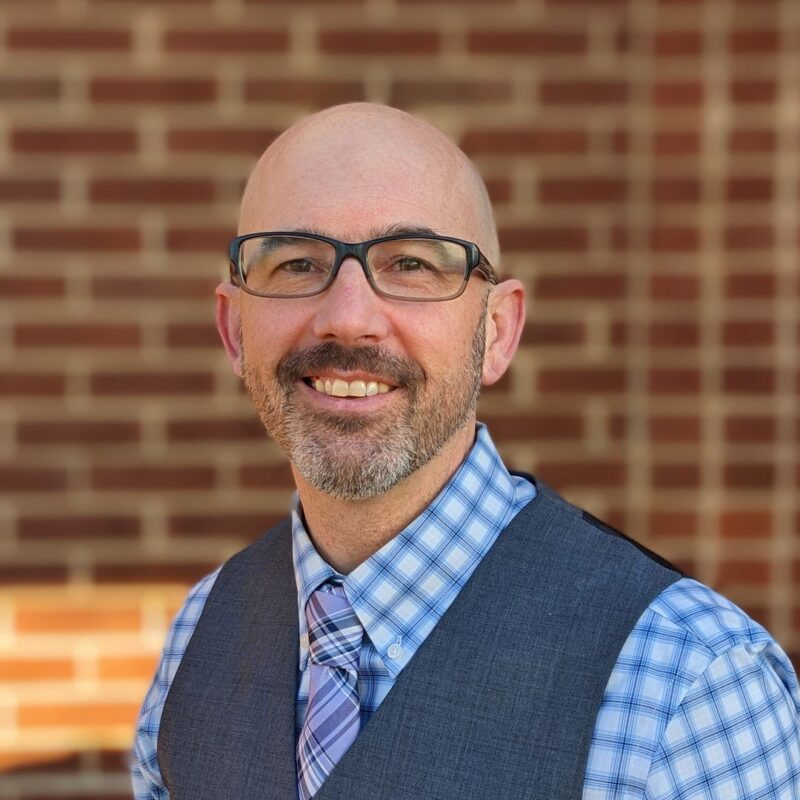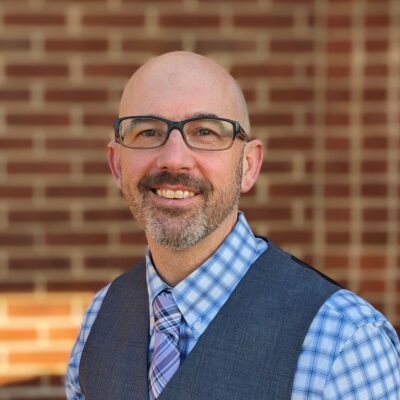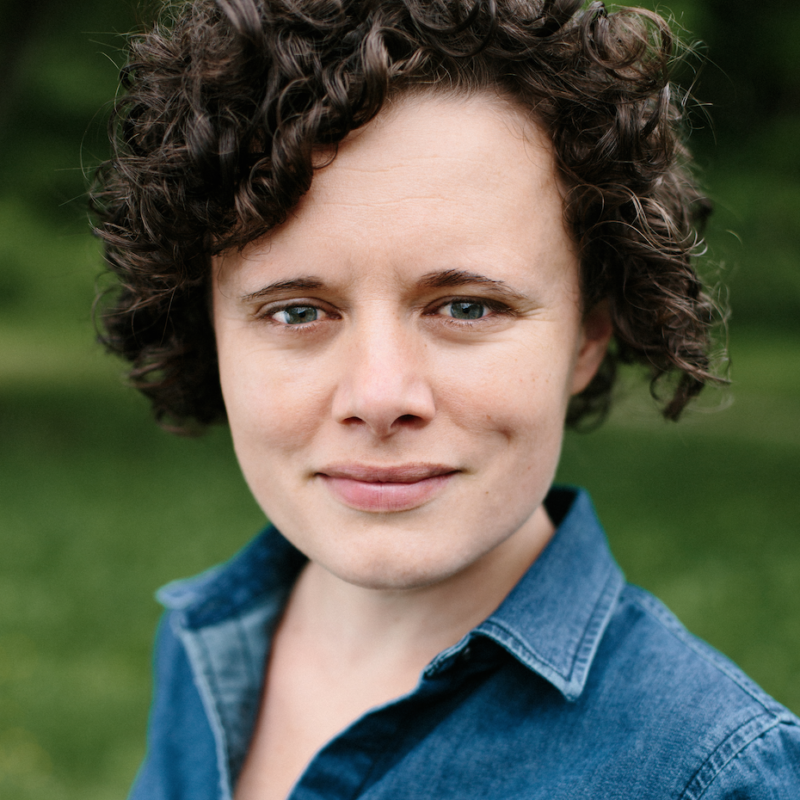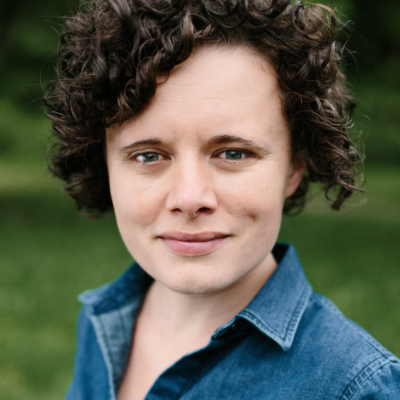|
City Council voted to move forward with construction of a dam at Ragged Mountain Reservoir, but local attorney Stan Braverman is challenging the decision with a lawsuit against the city. (Photo by Jack Looney) |
“It’s a nice town,” said Stanton Braverman, “but there’s an enemy out there.”
The enemy? City Council. Braverman, a 70-year-old immigration attorney who recently retired to Charlottesville, filed suit March 23 against the city and the Rivanna Water and Sewer Authority to block the controversial Ragged Mountain Dam project. With public support from a newly formed citizens’ group, Braverman claimed the Council illegally sold water resources to the county as part of the deal to build the dam.
According to the suit, state and city laws dictate the dam deal had to be approved by a 4 to 1 vote or go to referendum, but only three members voted in favor of the project. Braverman said Council members misrepresented the deal to get it past residents without a vote.
“The state constitution says a sale of city water facilities has got to be done by supermajority of the City Council; not 3 to 2,” he said. “To get around it, they’re saying it’s not a sale.”
City Attorney Craig Brown defended the Council’s process.
“A sale is the transfer of title and ownership of property, which is not occurring here,” Brown said.
Brown explained that the cost-sharing agreement—which generated as much controversy as the dam itself—allocates the cost burden of the future water supply for the city and county through the RWSA. While it is a “complicated transaction,” he said, it doesn’t involve a sale, and thus doesn’t require a supermajority vote.
Braverman believes the ambiguity was Council’s attempt to complicate the process in a way that would prevent anyone from taking the time to understand and challenge the plan.
“But I’m fighting for Charlottesville,” he said.
When the Council approved the plan January 17, Councilors Dave Norris and Dede Smith were united in opposing it, and still think the project is wrong for the city.
Norris explained that new water demand figures implied dredging was a better plan for ensuring supplies keep up with a growing city population.
“Unfortunately, by the time those new numbers came out, we were so far down that path of building that a lot of people didn’t want to revisit the plan,” he said.
Vice-mayor Kristin Szakos, who voted in favor of the dam alongside Mayor Satyendra Huja and Kathy Galvin, argued that the demand figures didn’t necessarily point to dredging as the best answer.
“Over the next 45 years, the only way we would have that amount of water is if we spent millions of dollars on dredging,” she said. “What we would have gotten out of not building this dam would be the expense of continual dredging in order to get that capacity that we have now.”
Supporting Braverman in his suit is the Open Government Alliance, a group of residents that formed about three months ago to promote “open and honest government locally.”
Bob Fenwick is a founding member of the group. Fenwick, a vocal opponent of the dam who unsuccessfully ran for a seat alongside Norris and Smith last year, said the Alliance didn’t retain Braverman as its attorney, but it supports his suit and plans to fundraise in order to assist him with legal fees and other expenses. Alliance spokeswoman Joanna Salidis said the group’s goal is simple: “We just want City Council to follow the law.”
Besides believing Council to have acted illegally, Braverman fears that property values, including those of his three homes, will drastically decline because of the water plan.
“We’re going to run out of our allocation [of water] in the city in 30 years,” he said. “And then we get hit with a colossal rating price, and that’s going to discourage development in the city.”
The Rivanna Water and Sewer Authority had already begun initial construction on the dam when the suit was filed, and said on its website it’s hoping for an expedited hearing before the Albemarle County Circuit Court so that the plan may proceed. What happens now is up to the courts, said Norris.
“The law is not black and white on this subject,” he said. “That’s why we have courts —to interpret the law.”
/ragged-mtn-dam.jpg)





